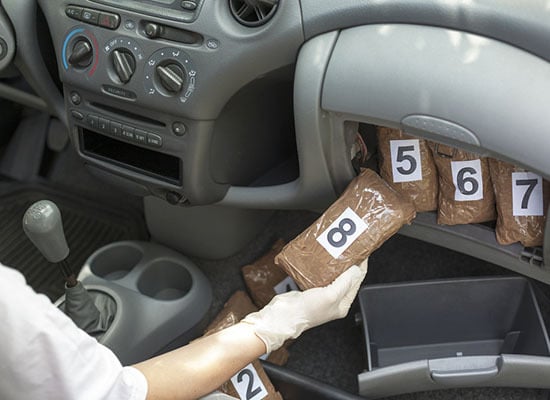In a recent blog post, we detailed the wide net of drug trafficking, studying all of the different activities that are included in the law’s use of the word “traffick.” We found that you can be charged and convicted of the crime of drug trafficking if you:
- Grow or cultivate controlled drugs,
- Sell or exchange controlled drugs,
- Possesses controlled drugs in order to sell or exchange them, or
- Possess over a certain amount of specific drugs.
While the drug trafficking law is meant to prevent people from dealing drugs, the reality is that it’s often used to put drug users, already the victims of an terrible situation, behind bars and saddle them with a serious criminal record. This is unfortunate, because being a drug user and being a drug dealer are very different things – one is unable to stop using a drug, and the other is making sure that this dependency continues, and profiting from it. Justice requires that dealers be treated like dealers, and users be treated like users.
A proposed change to Maine’s drug laws would go a long ways in making that a reality. If passed, the proposal, L.D. 113 (“LD” stands for “Legislative Document”) would do several things: It would make it no longer drug trafficking to simply possess certain amounts of specific controlled drugs. L.D. 113 would also lessen the criminal penalties for simply having Schedule W or Schedule X drugs.
While the bill’s opponents say that the bill goes easy on drugs, Sen. Roger Katz, of Augusta, said that the bill goes smart on drugs, instead. It would change Maine’s drug laws so that, instead of throwing everyone in jail, they would only throw the right people in jail.
“People who repeatedly traffic in the sale of illegal drugs to our children and our neighbors ought to be locked up,” he said. “This bill is not for them.”
While L.D. 113 has support from both Democrats and Republicans, law enforcement has opposed the bill from the start.
“Maine is an easy target for out-of-state drug dealers because of the potential for significant profits and the serious opiate problem facing our state,” Lisa Marchese, head of the Criminal Division of the Maine Attorney General’s Office, said. “L.D. 113 would eliminate the biggest disincentive they have – which is prison time.”
Marchese, however, seems to be under the impression that the proposal, which aims to lessen the impact of drug trafficking laws on drug users, would also impact drug dealers. This is not the case.
The future of the bill, despite the wide support it’s gotten in the state legislature, is grim: Governor LePage has long touted his inflexible “tough on drugs” stance, and will likely veto the bill.
Attorney William T. Bly is watching the progress of L.D. 113 through the Maine Legislature, and supports its passage. Drug use and drug dealing are different activities, and should not be seen as the same in the eyes of the law.


